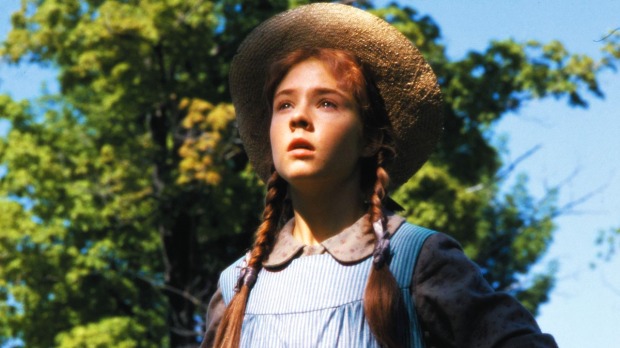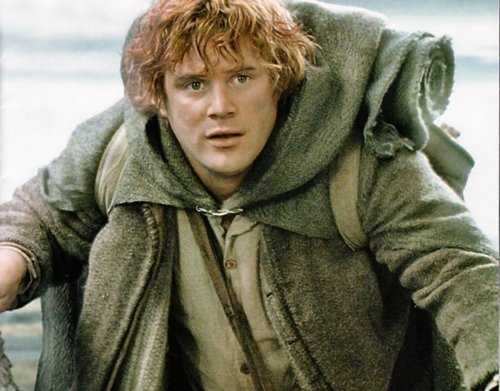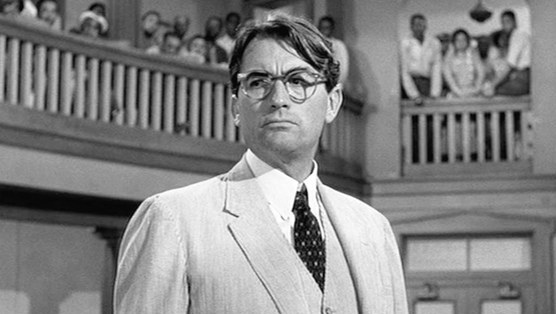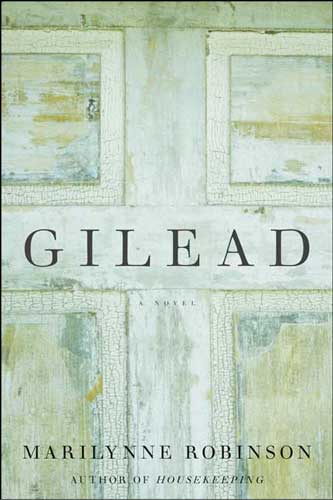Last week, I mentioned an oddly-specific number of fictional characters who made it onto my “Awesome People I Like List.” There are many heroes of literature I’ve enjoyed or found interesting, but here’s why these four made my list. (They’re also in order of life stages, and happen to go from “Most Like Me Now” to “Least Like Me Now,” which seems appropriate.)
Stage One: Childhood/Adolescence
Anne Shirley (of Green Gables)
Anyone who knows me is going to say, “Um…why did you aspire to be like someone who is already exactly like you?” To that I say that your goal for your early years shouldn’t be too daunting. Just learning who you are and what you believe should be enough.
I basically was Anne Shirley growing up, from her melodramatic vocabulary and ability to find kindred spirits everywhere, to her stubbornness and love for life, to that time she hit a boy in the head with a slate when he made fun of her (only in my case it was a lunchbox, and yes, it was right after I watched the movie for the first time). I always found it tragic I didn’t have red hair. Or live on Prince Edward Island. I tried to make up for it by saying “Sooorry” like a Canadian. (Kidding, that’s not the reason.) But really, Anne’s joy and love for others is something I’ve always hoped to keep with me as I grew out of childhood.
Stage Two: Early Adulthood
Samwise Gamgee
Because Sam.
I really feel like I could just stop there. But I’ll go on.
I was listening to a writing podcast recently where they were discussing what makes a compelling character: likeability, competence, and proactivity…but usually not high levels of all three or the character would be obnoxiously perfect. They mentioned Sam as an example of a character who is overwhelmingly likeable and kind of proactive, but not super competent, in that he isn’t particularly talented or handsome or brilliant or good with a sword or able to make hilarious wisecracks all the time. Then one of the hosts piped up and said that no, he is extremely competent in one area: loyalty.
And I thought, you know, if I had to pick one area to be extremely competent in…that would be it.
I want to be Sam because I want to be brave, but in a way that comes from selfless devotion to others, not from me thinking I’m awesome. My personality is essentially hobbit-like. I’m a comfortable creature who loves trees and fields and warm houses, who makes food for people and gives gifts and tells stories and sometimes makes really bad impulsive decisions. But if a wizard or a fellow hobbit stops by and asks me to go on an adventure, I’d want to say yes. And I’d want to be known as the one who stays loyal and hopeful no matter how bad things got.
Stage Three: Middle Adulthood
Atticus Finch
If you read To Kill a Mockingbird, you know that Atticus is almost impossibly wise, especially in the advice he passes along to his kids. Like “You never really understand a person until you consider things from his point of view,” for example. And that courage is “when you know you’re licked before you begin, but you begin anyway and see it through no matter what.”
The fact that this wisdom works itself out in his actions is significant, not just in the trial, but his parenting of his children and the way he interacts with his neighbors. You can see his strength of character in everything he does. (And if you want to know what I think about Go Set a Watchman’s Atticus, who is a different, though still interesting, character, I wrote about that here.)
If I make it to middle age, I’d love to both say true things and live them out. Right now, I’m usually failing at one or the other. I want to be able to take a stand and back it up with eloquence, to understand others and still care for them, and to teach the next generation to do the same.
Stage Four: Later Adulthood
Reverend John Ames
I think I’ve said on the blog before that you should read Gilead, the fictional memoir of an old Calvinist preacher named John Ames.
He’s the newest addition to the list, and I’m having a hard time putting into words what I love about him, probably because his story is in first person, so you know him like you know a friend instead of seeing him (and his obvious character traits) like the author wants you to, as in the other three examples. Why do I want to be like him?
Because John Ames understands human frailty.
Because in his memoir, he refers to loneliness twenty-one times. (I counted.)
Because his relationships—with his father, his grandfathers, his brother, his wife, his son, his best friend, his namesake—are all so perfectly bittersweet, and he finds it hard to forgive, and he chooses grace, even at the end of his life when he wouldn’t have to.
Because, after marking up the margins of my copy, I think John Ames and I are both trying to answer the same question, only he’s farther along than I am.
Because I want to be brave and wise, but more than any of those things, I want to be gracious, and that’s the quality John Ames embodies for me.
Okay, guys, which fictional characters do you consider role models?




Fun question to ponder….Thanks for posting!
Thanks, Doreen! I got a few more good candidates from talking to people this week. 🙂
Interesting question! I don’t know, I guess I’ve never considered any fictional characters as role models. Maybe Owen Meany, in a way? He certainly had convictions! And I admire Captain Jean Luc Picard and wanted to be a captain like him.
I will say, I had such a huge crush on Anne Shirley when I was younger. Or the actress who played Anne Shirley. Or both, maybe. 🙂
I think Picard is a great example of leadership. I’m more of a follower type, so my examples stick more to that.
Completely understandable! She is/was the coolest.
You are reminding me of books I need to get around to reading some day :p. I haven’t read To Kill a Mockingbird yet.
As for characters I looked to as role models… That’s hard to say. It wasn’t usually that I tried to be like a specific person or character growing up. I think I just observed tough and cool characters that people respected or at least couldn’t quite beat and wished I could have some form of those traits.
Other than that, I’ve tended to just identify with certain characters. Many of the characters I liked were competent in their own way, but also very tragic, or people around them caused them trouble. I felt incompetent growing up, and wanted to change that, and sometimes people caused problems for me, or I wasn’t very good at interacting with others, so liking these character’s helped me learn and cope.
Now when it comes to my favorite characters, I still tend to admire or like traits of a certain character, but I still don’t exactly see any as role models. I think the closest I tend to get to that is identifying with certain characters. My favorite character in Fate Zero, for instance, is Kiritsugu. Not only is he a deep and complex character, but even though I am different from him in many ways, it’s still very easy for me to understand where he is coming from. And I really identify with the fact that he does his best to make good decisions and help others only to have his efforts blow up in his face.
Wow, what a great analysis, Autumn! I love how you mentioned that fictional characters can help us work out what it means to interact with hard things in life, especially when they feel out of our control.
Hooray for complex characters! I always love those sorts, especially when they don’t always make the right choices and you see what happens because of that.